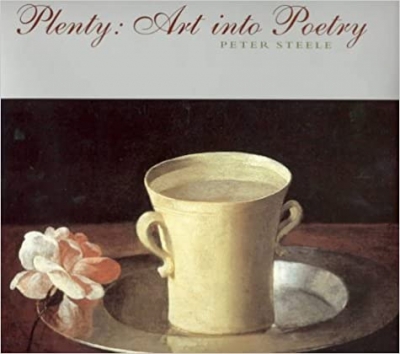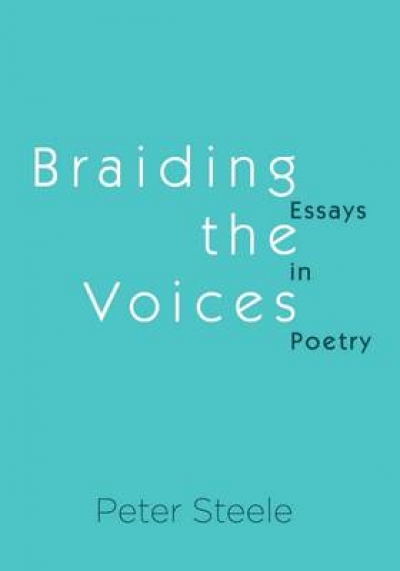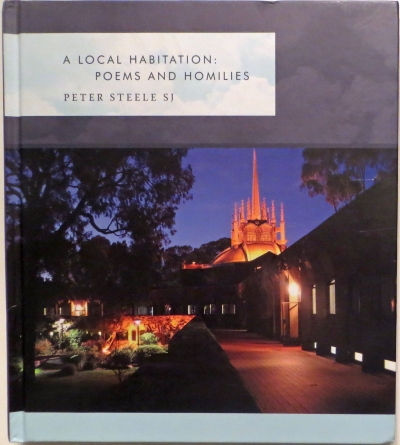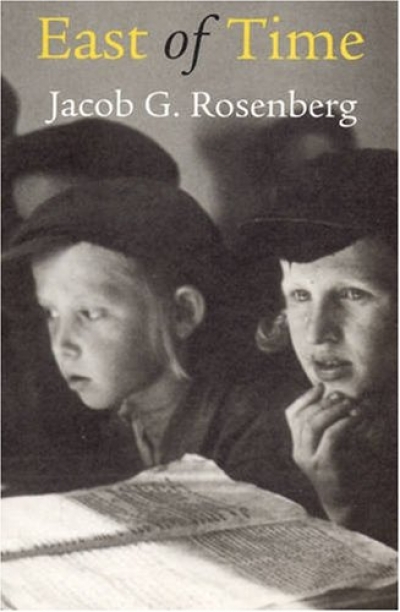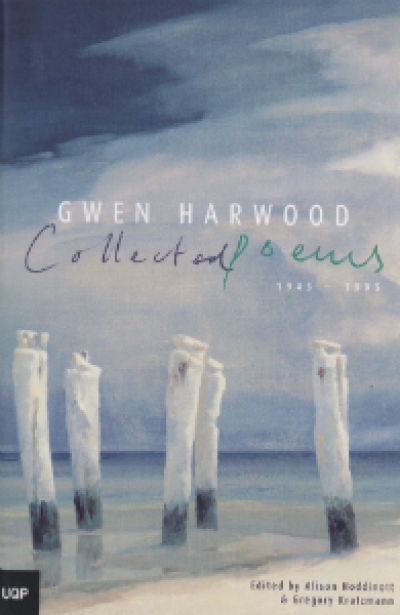Peter Steele
‘Praying with Christopher Smart’ a poem by Peter Steele
... (read more)Oxford University Press has begun a welcome series called Australian Writers. Two further titles, Imre Salusinszky on Gerald Murnane and Ivor Indyk on David Malouf, will appear in March next year and eleven more books are in preparation. Though I find the first three uneven in quality, they make a very promising start to a series. In some ways they resemble Oliver and Boyd’s excellent series, Writers and Critics, even being of about the same length. However this new series is less elementary, more demanding of the reader. It is, predictably, far sparser in critical evaluation, concentrating on hermeneutics, and biographical information is as rare as a wombat waltz.
... (read more)Bricks, knowledge, gravity
‘I just read a history of bricks.’
We learn about the ways our teachers have influenced us over many years. As an undergraduate student at the University of Melbourne, I took every class taught by Professor Peter Steele SJ. More than a decade after I first ...
But wait, there’s more – as when the hummingbird
flies backwards for the hell of it, or
the odd flamingo’s pinkened up by snacking
on blue-green algae. Aeschylus, potted
A Local Habitation: Poems and Homilies by Peter Steele, edited by Sean Burke
In an essay on the poetry of George Crabbe, Peter Porter wrote, ‘It is a great pleasure to me, a man for the littoral any day, to read Crabbe’s description of the East Anglian coast.’ Happily, there is by now a substantial and various array of writings about Porter’s work, and I would like simply to add that his being, metaphorically, ‘a man for the littor ...

